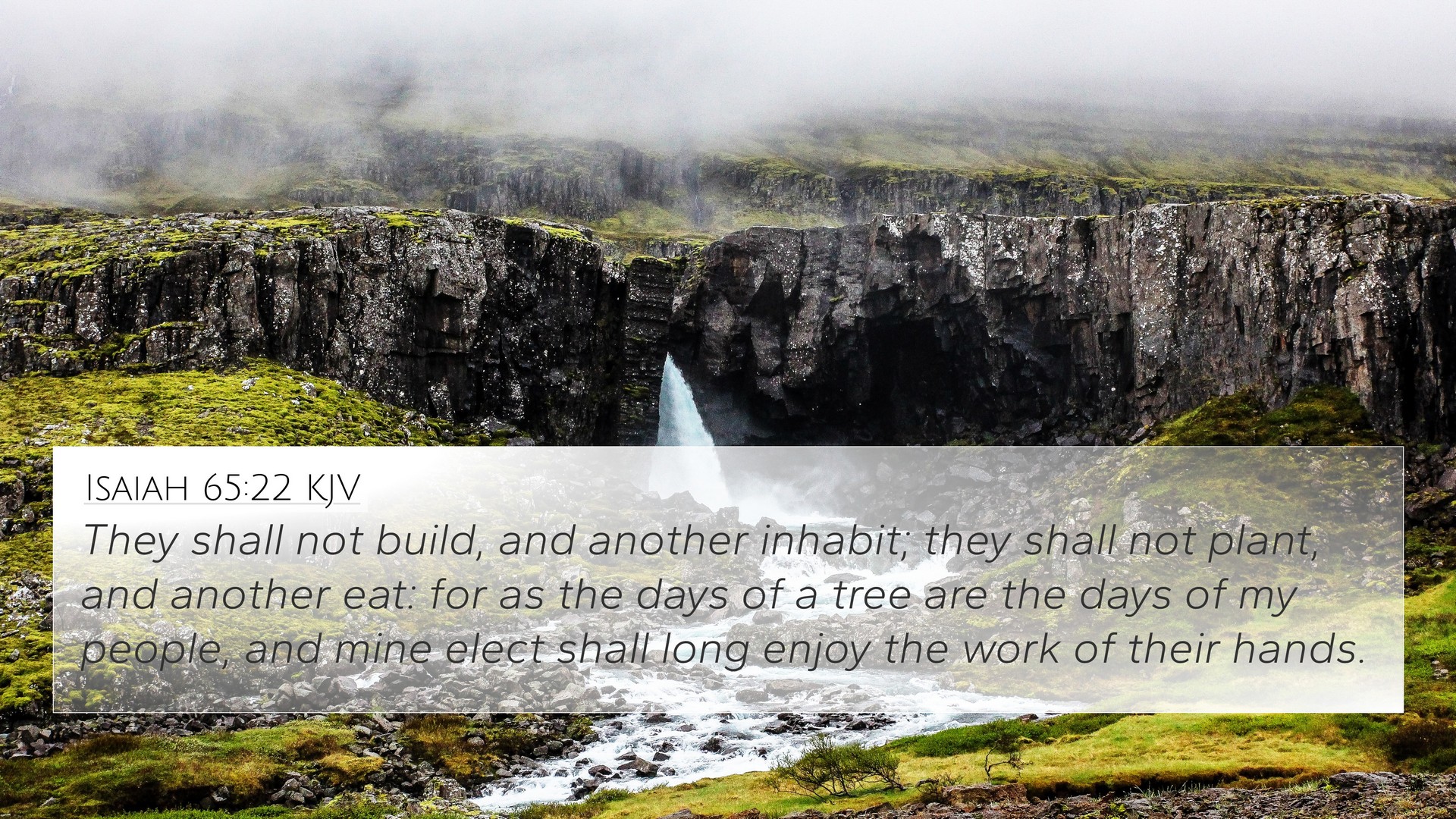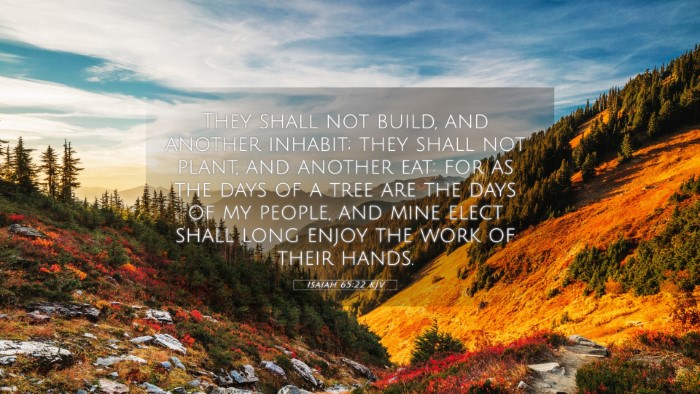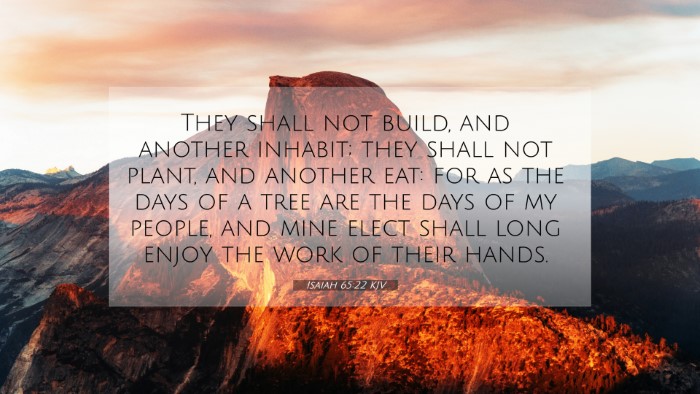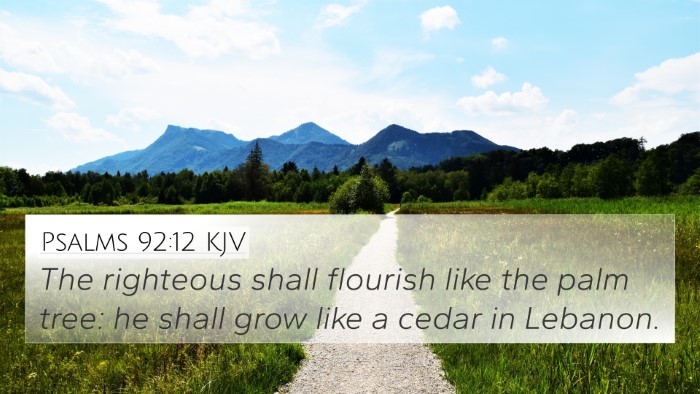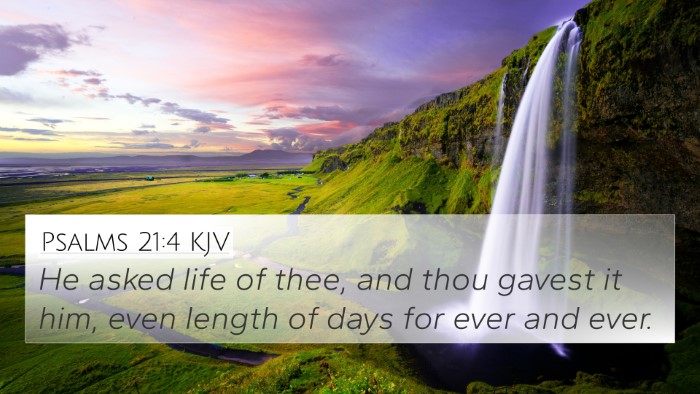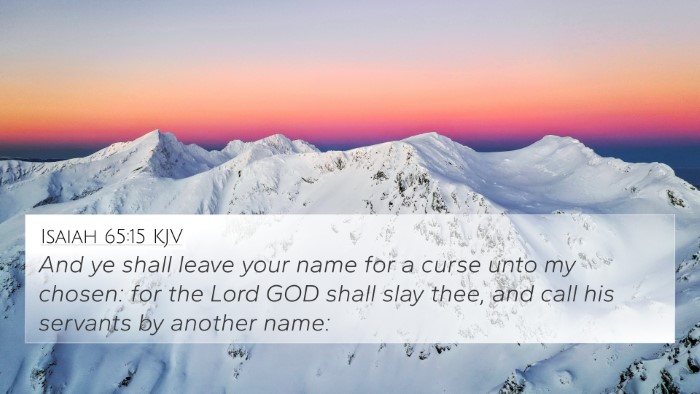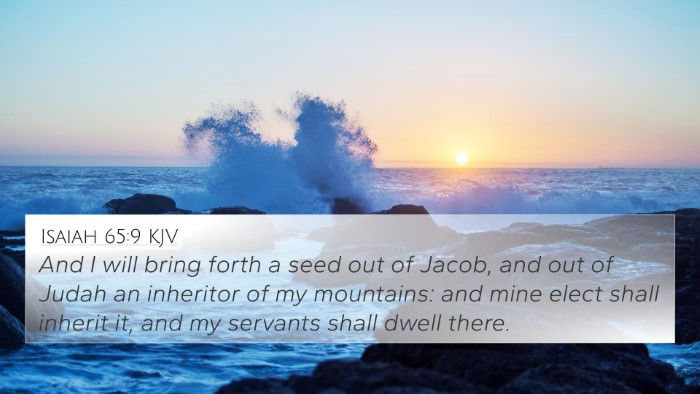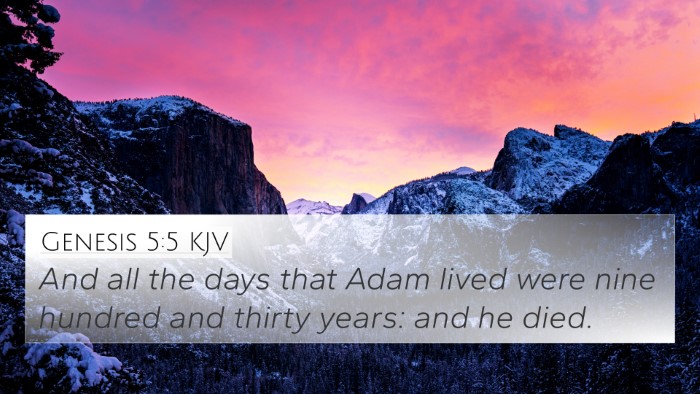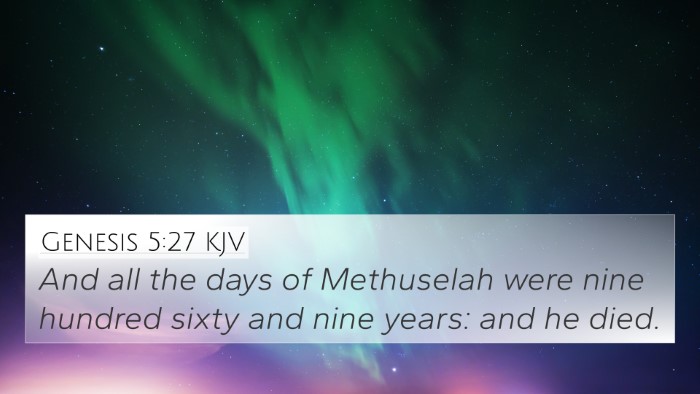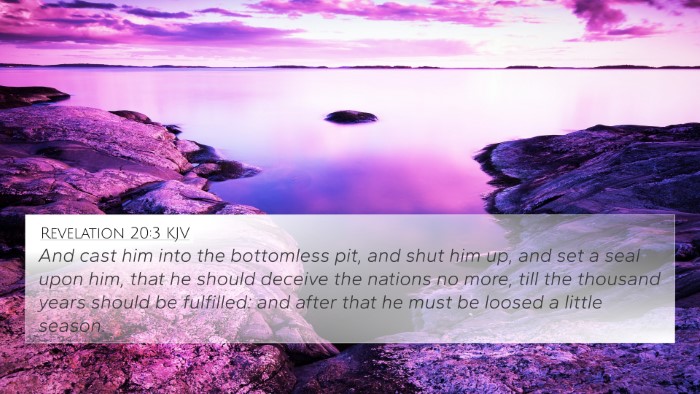Understanding Isaiah 65:22
Isaiah 65:22 states: "They shall not build, and another inhabit; they shall not plant, and another eat: for as the days of a tree are the days of my people, and mine elect shall long enjoy the work of their hands." This verse provides a profound insight into the blessings and security of God's people in the eschatological age. Below is a summarized analysis of its meaning, drawn from various public domain commentaries.
Verse Meaning
This verse emphasizes the idea of individual enjoyment and ownership of one's labor in a future restoration. It signifies a departure from the injustices often faced in the current world, where people work hard only to have their efforts usurped by others.
Key Insights from Commentaries
-
Matthew Henry:
Henry reflects on the joy of the future state, where God's people will experience the fruit of their efforts without fear of loss. He underscores that the days of the faithful will be long and fruitful, akin to the longevity of trees, symbolizing lasting peace and prosperity.
-
Albert Barnes:
Barnes discusses the time period referenced in this verse as one of divine favor, highlighting that the labor of God's people will not be in vain. He suggests that the “elect” refers to those chosen by God who will enjoy their productive lives without outside interference or corruption.
-
Adam Clarke:
Clarke emphasizes the covenant promise of the future, where God's people will reap the rewards of their labors in a divine society. He notes the incredible fulfillment of God's promises in terms of fruitfulness and stability for His people.
Thematic Connections and Cross-References
Isaiah 65:22 also connects to various other scripture passages. Here are some pertinent cross-references:
- Isaiah 60:21: "Thy people also shall be all righteous: they shall inherit the land forever." This parallels the idea of lasting enjoyment of the land.
- Revelation 21:4: "And God shall wipe away all tears from their eyes; and there shall be no more death..." which speaks of a state of peace and fulfillment.
- Jeremiah 31:5: "Thou shalt yet plant vines upon the mountains of Samaria..." highlighting the agricultural prosperity of God’s people.
- Psalm 128:2: "For thou shalt eat the labor of thine hands: happy shalt thou be, and it shall be well with thee." This verse echoes the theme of enjoying the fruits of one's labor.
- Micah 4:4: "But they shall sit every man under his vine and under his fig tree; and none shall make them afraid..." which reinforces the idea of security and personal enjoyment.
- Isaiah 65:21: "And they shall build houses, and inhabit them; and they shall plant vineyards, and eat the fruit of them." This verse leads directly into Isaiah 65:22, expanding on the future blessings.
- 2 Peter 3:13: "Nevertheless we, according to his promise, look for new heavens and a new earth, wherein dwelleth righteousness." This verse offers the hope of a renewed creation for God’s people.
- Luke 12:32: "Fear not, little flock; for it is your Father's good pleasure to give you the kingdom." It emphasizes God's will to bless His people.
- Romans 8:22-23: "For we know that the whole creation groaneth and travaileth in pain together until now..." demonstrating the promise of redemption for creation and God's people.
- Revelation 7:17: "For the Lamb which is in the midst of the throne shall feed them, and shall lead them unto living fountains of waters..." signifying God’s provision and care in the eternal state.
Concluding Thoughts
Isaiah 65:22 offers a profound glimpse into the ultimate restoration God promises to His people, replacing chaos with order and despair with hope. Through detailed cross-referencing and thematic analysis, we see a comprehensive picture of God's intent, emphasizing the rewarding nature of faithfulness and the joy found in divine security.
Tools for Bible Cross-Referencing
Studying cross-references can greatly enhance understanding of Scripture. Some useful tools include:
- Bible concordance for locating similar themes and words.
- Cross-reference Bible study guides for deeper insights.
- Online resources and mobile apps that enable easy access to Scripture connections.
- Bible chain reference methods to create thematic studies.
- Identifying links between Old and New Testament passages.
